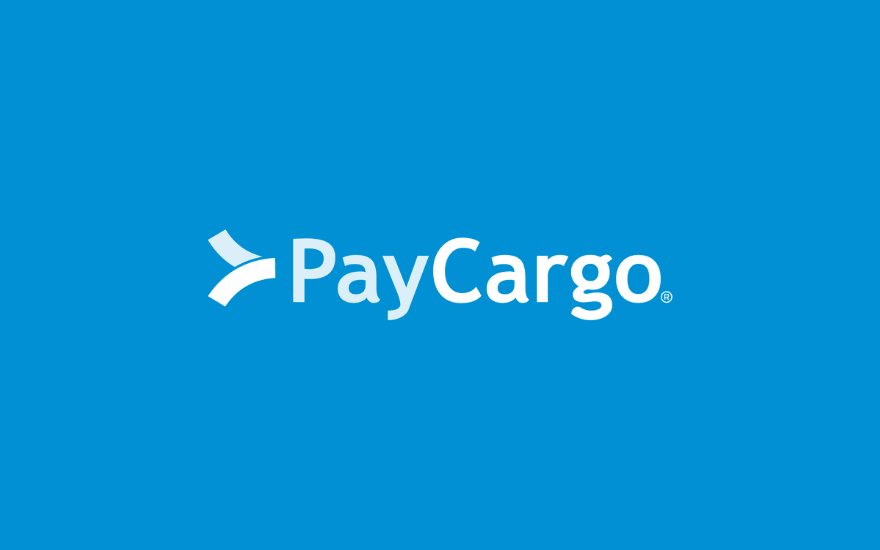Behind the Investment: PayCargo – How the Logistics Payments Platform is Creating a More Streamlined Supply Chain

Insight has a long history investing in supply chain software leaders, most notably as majority-investors in E2Open. Therefore, there is an institutional excitement for companies that effectively bring parts of the notoriously analog supply chain ecosystem online.
At this point, it has also been widely reported that technology engagement across the board – whether it be gaming, online learning, enterprise software, or cybersecurity – is up meaningfully due to the pandemic. Our new normal has caused us to change our behaviors in ways that range from attending virtual events, to catching up with family and friends over Zoom, to familiarizing ourselves with terms like ‘multi-streaming’ (shout out to another recent Insight investment, Restream). The companies that enable these new habits and behaviors, and the experiences around them, have quickly emerged to capture the COVID-19 era consumer zeitgeist. Concurrently, we at Insight have also observed that the pandemic has powerfully reshaped certain B2B habits and relationships, resulting in an accelerated pace of software adoption by some of the most historically resistant industries and functional business areas.
It is in that vein that we are excited to lead a $35m series A investment in PayCargo, which has established itself as a leading provider of B2B logistics invoicing and payments solutions. The company offers a cloud-based invoicing and payments portal that enables 3PLs both large and small to make ‘cargo release’ payments electronically to their regional vendors. These vendors are typically regional freight forwarders or carriers – both ocean and air – who must remain compliant about when (and to whom) they release valuable cargo, but are also incentivized to do so speedily, to avoid adversely impacting their 3PL partners and the flow of the broader supply chain.
We first met the full team in mid-March, at the height of the pandemic’s uncertainty, and were quickly impressed by how traceably the platform facilitated simpler, faster cargo release across the network. Calls with customers and partners quickly validated the advantages of PayCargo’s offering, and as our dialogue with Eduardo and the team progressed in the coming months, we became even more compelled by some of the network effects we observed playing out. The company was built by a group of logistics industry veterans, all of them acutely aware of the pains frequently suffered by the different parties on the PayCargo platform.
Generally, logistics payments have been known to be tedious and complex, perhaps encapsulated most clearly by the cargo release category. These payments have historically been facilitated by physical couriers or terminal handlers, who were couriered by 3PL shippers to pay their regional vendors with COD or physical checks once the cargo arrived. As one might imagine, reconciliation processes were tedious and marred by frequent disputes between distant counterparties, with the cargo usually released in a matter of days. While the adoption of PayCargo’s platform for these payments has experienced a sizeable COVID-induced acceleration, the platform has been effectively enabling same-day cargo release at scale since well before the onset of the pandemic. That said, customer-level conversations and behaviors indicate that online shift in payment volume is only going to accelerate further as we come out of the pandemic. To date, PayCargo has processed roughly $4 billion in last-minute cargo release and other B2B supply chain payments.
In addition to the momentum in total payment volume growth over time, and while management has maintained a consistent emphasis on capital efficiency, the network now includes more than 12,000 different 3PLs and over 4,000 regional vendors. Through COVID-19 and beyond, the shift to digital payments is here to stay, and we’re excited to support PayCargo as they continue to further streamline the global supply chain.








